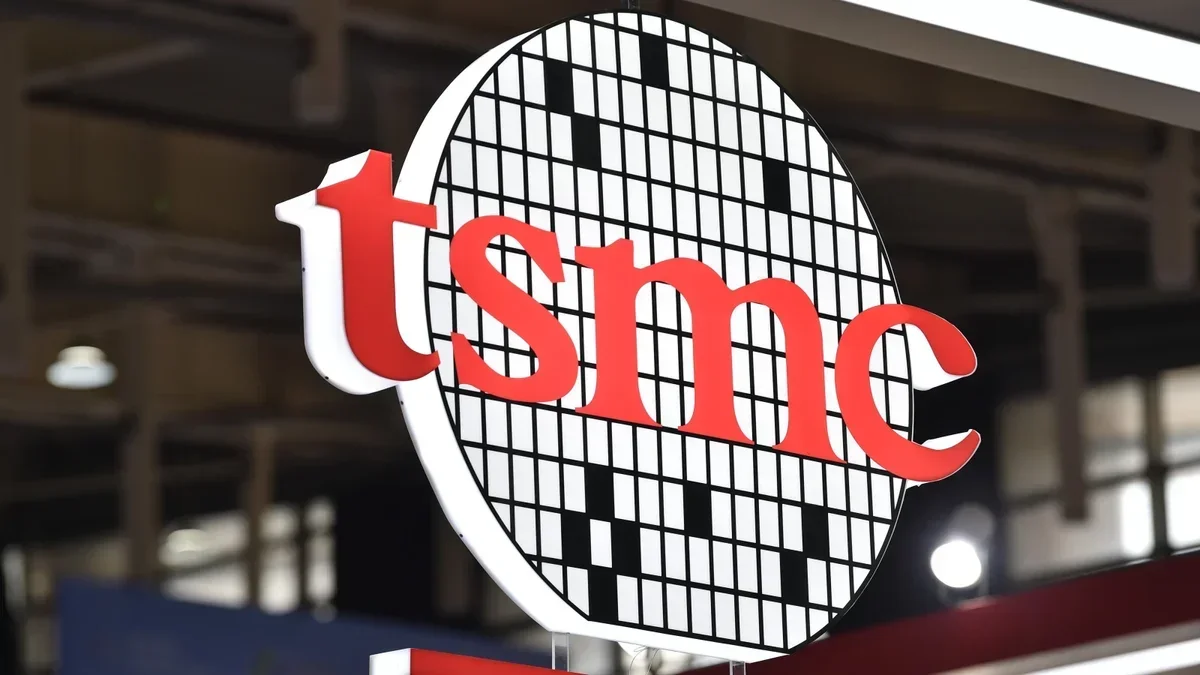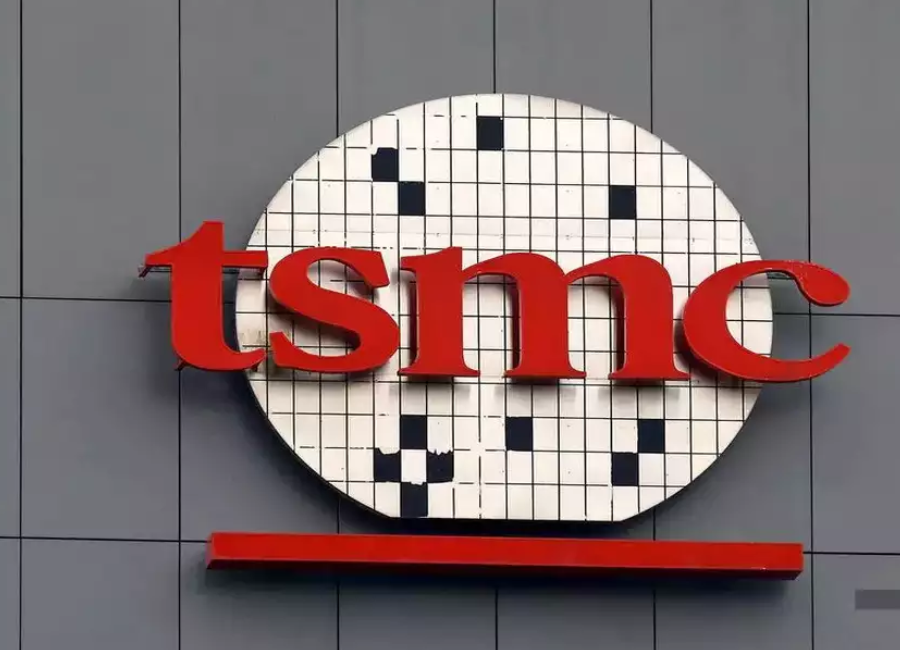As Taiwan prepares for its upcoming presidential and parliamentary elections on January 13, the political discourse has now extended to involve Taiwan Semiconductor Manufacturing Company (TSMC), a key chip supplier for tech giants such as Apple. The involvement of TSMC in political discussions arises against the backdrop of heightened tensions between Taiwan and China, with China claiming Taiwan as its territory and increasing military pressure.
The vice presidential candidates in Taiwan have engaged in debates over TSMC’s overseas investments, with the opposition candidate expressing concerns about the impact of tensions with China on the safety of investments in Taiwan. The political discourse surrounding TSMC has become a focal point in the campaign, emphasizing the importance of the world’s largest contract chipmaker to the island.

During a televised debate, Jaw Shaw-kong, the vice presidential candidate for Taiwan’s largest opposition party, the Kuomintang (KMT), blamed the ruling Democratic Progressive Party (DPP) for the tensions with China. Shaw-kong alleged that the strained relations with China make Taiwan a risky place for investment, claiming that TSMC is considering moving some operations overseas, following a strategy known as “Taiwan plus one.”
Shaw-kong’s statements highlighted concerns about the potential hollowing out of Taiwan’s economy if the country fails to maintain a peaceful environment. However, it’s important to note that TSMC has already been expanding its global footprint, with plans for factories in Japan, the U.S. state of Arizona, and a proposed plant in Germany. Both TSMC and the Taiwanese government have reiterated that while the company is expanding internationally, the majority of manufacturing, especially for advanced chips, will continue to be based in Taiwan.
In response to Shaw-kong’s claims, Hsiao Bi-khim, the DPP’s vice presidential candidate and Taiwan’s former de facto ambassador to the U.S., emphasized that foreign investment in Taiwan has reached record highs under the DPP administration. She defended TSMC as a source of national pride and cautioned against using the company for political competition.
Bi-khim stressed that TSMC’s decisions regarding its global footprint are driven by industry and customer needs rather than political considerations. She characterized TSMC as a crucial asset for Taiwan’s technological prowess, urging that it should not be exploited for political gain but rather recognized as a symbol of national pride.
The involvement of TSMC in the political discourse reflects the broader geopolitical tensions in the region, with Taiwan becoming a focal point in the competition between China and the United States. As the political campaigning continues, discussions around TSMC’s role and its global investments underscore the interconnectedness of technology, geopolitics, and economic considerations in the contemporary landscape.







